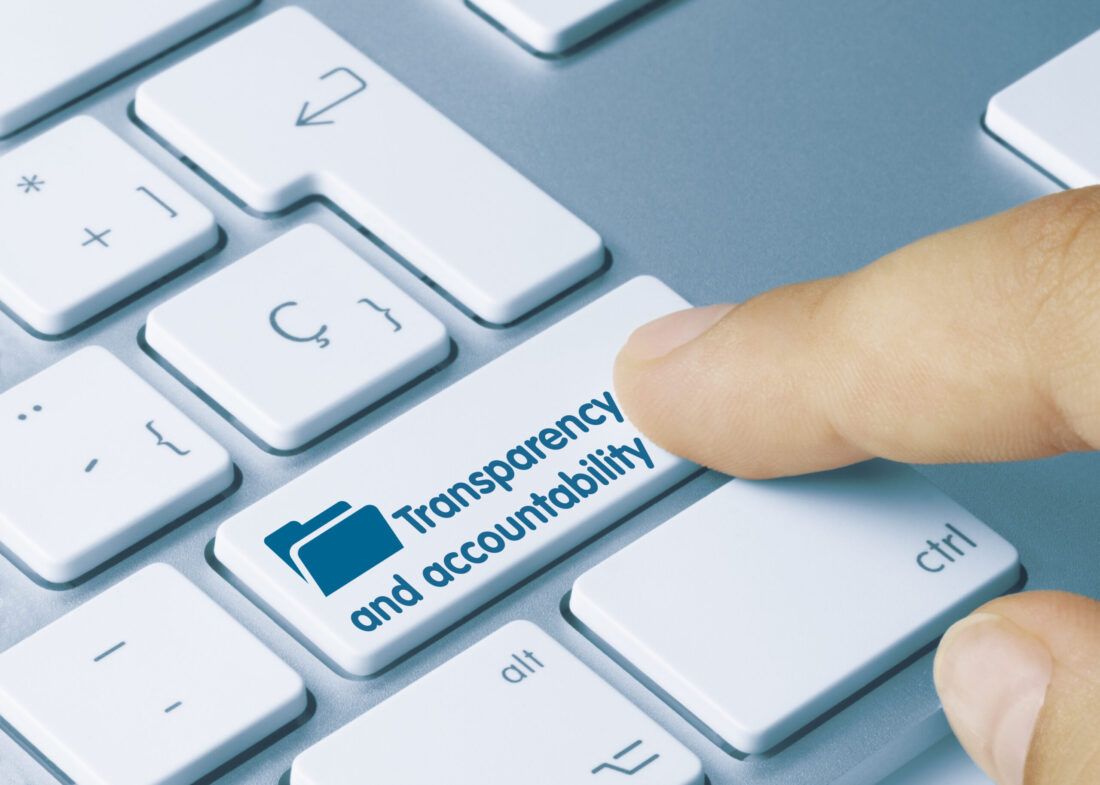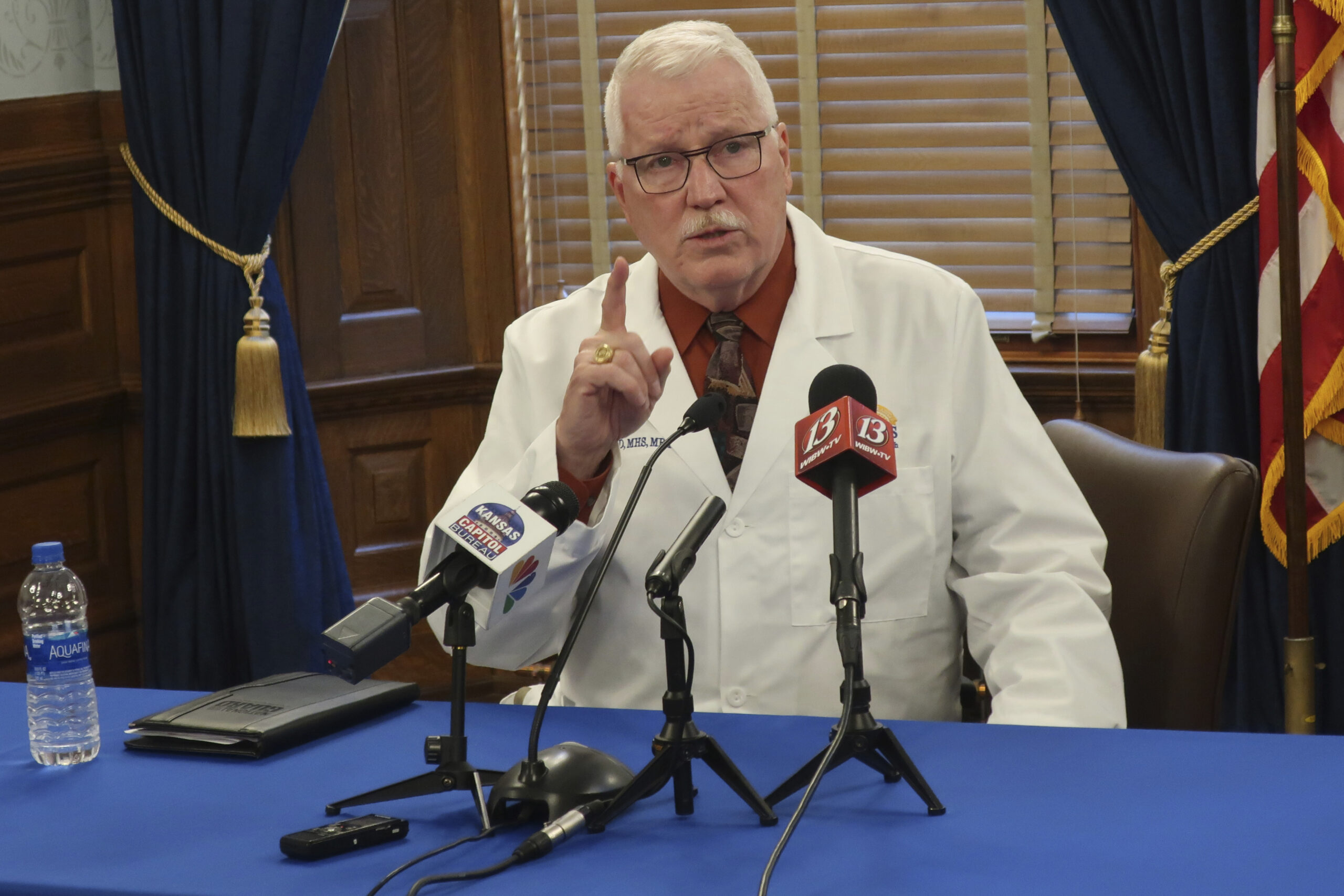A spreadsheet obtained in an Open Records request details a pattern of arbitrary and questionable decision-making by a guy named ‘Bill’ on whether businesses could be classified as ‘essential’ when Governor Laura Kelly shut down the state. Another investigation is underway to determine which state agency employs the faceless bureaucrat named ‘Bill’ and so far, the Kelly administration hasn’t been able to tell us.
Determinations are supposed to be made according to the Kansas Essential Functions Framework (KEFF), which is linked to the Governor’s office on the state website. Americans for Prosperity Foundation in Kansas obtained the spreadsheet from the Kansas Division of Emergency Management on June 22, 2020, and recently released a report showing a cross-section of utterly arbitrary decisions by ‘Bill.’
For example, one business wrote to KDEM detailing how they only needed one employee to work in the warehouse to potentially save the jobs of 100 employees.
The business, which ships vinyl records and cleaning supplies around the country sent all but two employees to work from home. Those two worked in a 30,000 square-foot warehouse.
The business said they could get by with just one, if necessary.
“Obviously, our business would still be considerably impacted,” they wrote. “But allowing just one warehouse worker to work in complete isolation would allow us to continue to operate.”
Bill denied the request.
Trust Kansas Coalition Legal Counsel Ryan Kriegshauser, who worked with AFPF on the request noted the absurdity of shutting down this business.
“You have businesses with zero chance of having any infection, you know, like a 30,000 square foot warehouse,” Kriegshauser said. “And the governor’s office is denying these businesses from operating just because it’s deemed to be nonessential. It’s basically the tail wagging the dog from a bureaucratic perspective.”
So while a business that employed 100 people, and could operate with zero chance of infection was ordered to close, but Bill’s spreadsheet shows that tobacco shops were deemed “essential.”
Bill’s reasoning?
Quoting directly from the comments column on the spreadsheet itself: “Vaping and tobacco support addictions that are federally regulated. Essential personnel may need those products.”
So while employees of a business providing music that might help locked-down citizens while away the hours at home were “nonessential,” Bill made sure government employees could get their smokes.
According to both the AFPF document “Under KEFF, flower shops, nicotine retailers, bait and tackle shops, candy stores, pool cleaners, and stores that buy and sell gold are ‘essential’ regardless of their ability to adhere to reasonable safeguards.”
Not only that, but while big-box stores such as Wal-Mart were allowed to sell all the fabric they wished, stores like JoAnn’s or Yarn Barn in Lawrence were restricted from selling anything but supplies for masks. Walmart and Target were allowed to sell furniture, but Bill told The Corner House Boutique in Overland Park that they were nonessential.
“My business is essential to me and my employees and I can effectively implement the same social distancing and cleaning measures as the big box stores,” owner Deserae Minor, asked. “Why is the government arbitrarily designating my shop as, ‘non-essential?’
“We need a clear framework that allows businesses to remain open if they can keep their customers safe.”
Additionally, Kriegshauser points out there are tabs in the spreadsheet for special handling and for appeals, raising due process questions.
“What gets the business into special handling?” he said in a phone interview. “Does that mean that this business will be treated differently, for some reason? And if so, what is the criteria? How do I get my business into this special handling category?”
Moreover, under the appeals category, the comments section is labeled “Bill’s comments.”
“(The) …thing about the appeal, that is crazy, I don’t know who Bill is, but apparently he is in charge of everything,” Kriegshauser said. “He makes the determination and then an appeal goes back to Bill.
“How is that having an appeal? Bill is the one who made the determination in the first place.”
Who is ‘Bill?’
Determined to discover more about the guy named Bill and his arbitrary decision-making, the Sentinel reached out to KDEM.
The Sentinel was first told by the Adjutant General’s Office Public Affairs Director Jane Welch, that the spreadsheet was not a KDEM document (KDEM is a subordinate office to the Adjutant), that she was unaware of any “Bill,” and that all essential designations were a function of the governor’s office.
However, according to Governor Laura Kelly’s website, KDEM and the Kansas Essential Functions Framework team were the ones providing guidance. Who is on the KEFF team, and who employs them is also a mystery, but the Sentinel has sent a records request to find out.
An email to Kelly spokeswoman Lauren Fitzgerald asking who “Bill” is was not returned by publication time.
Kriegshauser confirms that Bill’s spreadsheet came from KDEM. He said the document was produced pursuant to a KORA Request from Americans for Prosperity to KDEM. Adjutant General’s Office Senior Defense Counsel Major Allen R. Jones, produced the document 5:38 p.m., June 22, 2020, to AFP-K.
We’ll update the story when we know more about the guy named Bill.
In the meanwhile, we’re making Bill’s spreadsheet available without company identifications; his record of applications is here, and his appeals file is here.




